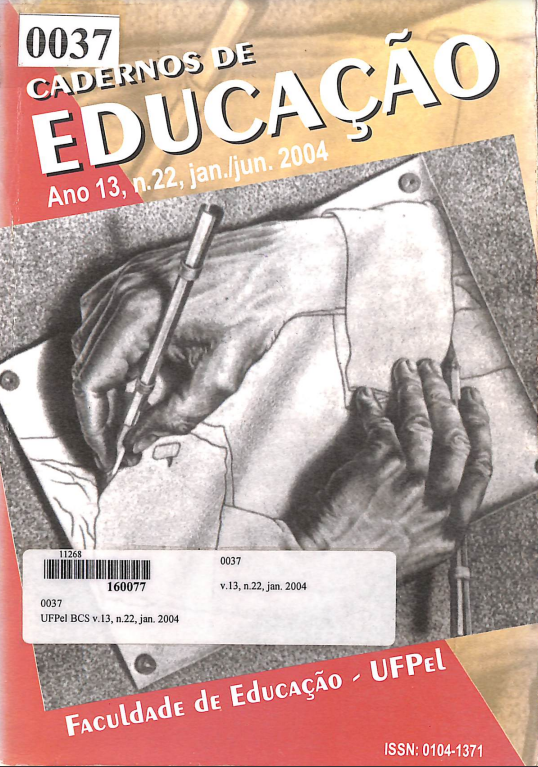ORGANIZATIONAL STRUCTURE AT BASIC (PRIMARY) SCHOOLS
comparisons between the brazilian and portuguese cases
Abstract
This article focuses on the comparison between the regime of management and administrative autonomy of public educational institutions in Portugal and the democratic management of teaching in public state schools of Rio Grande do Sul (Brazil). It contextualizes the participative proposals of management of education in both countries in the present international panorama. It analyzes the School Assembly and the School Councils, collegiate sectors that compose the structure of (basic) primary schools in Portugal and in Brazil/Rio Grande do Sul, respectively, identifying approximations and characteristics in legislation and in what refers to the kinds of establishments to which these norms are being applied, in the conceptualization of autonomy, in the administrative structure of the schools, in the composition of these collegiate sectors, as well as the way of choice/indication of the principals and the requirements for the execution of this function. The material of analysis is constituted, in the case of Portugal, of the legislation in vigor referring to the theme and of interviews and, in the case of Brazil, of the legislation and data collected in public schools.


